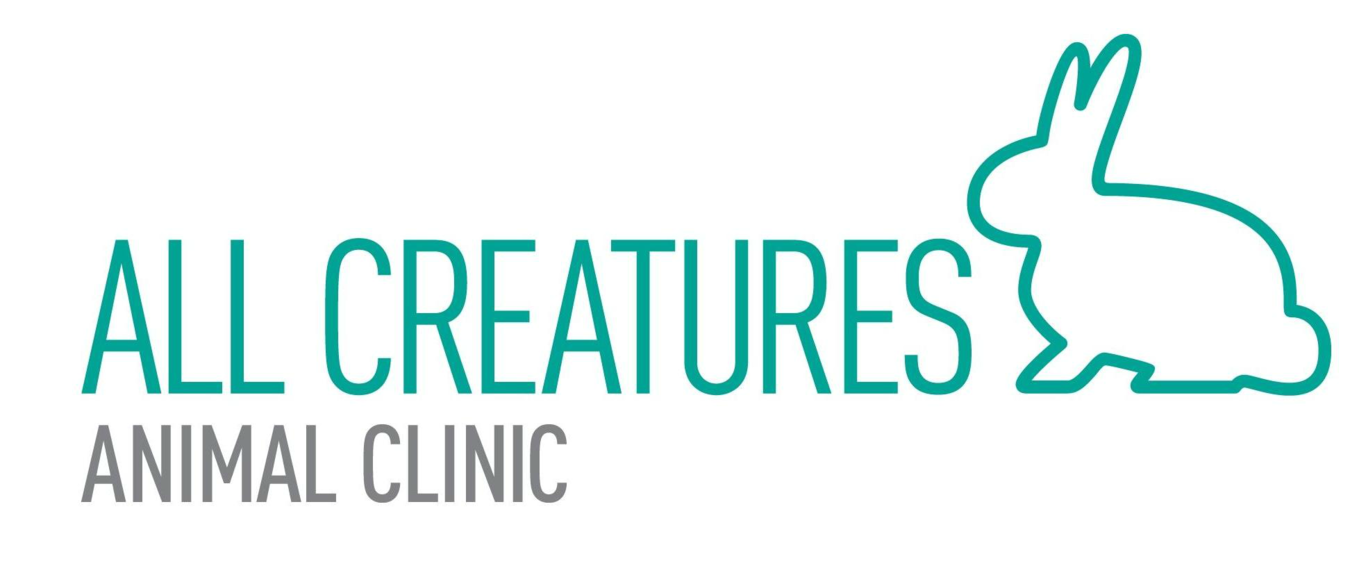What’s the News?
Recently, the FDA has come out with some initial information about a possible link between a kind of heart disease in dogs (dilated cardiomyopathy) and certain diets.
FDA Investigates Potential Link Between Certain Diets and Dilated Cardiomyopathy
Over the last year, concerns have been raised by cardiologists about an increase in the incidence of dilated cardiomyopathy, particularly in breeds that are not typically predisposed to the condition. This has led to some analysis over the last year. The FDA’s report names the brands of dog food that are most often reported in the cases of dilated cardiomyopathy they studied. These diets may be linked with the condition, but there is no good comparative data at this point. There is speculation that the issue with these diets may be that they are”grain-free” or have high amounts of peas, lentils or potatoes.
How to Respond to the News?
The “grain-free” trend in dog food has been growing steadily over the last several years. However, this trend is not based on any real evidence of benefits to dogs’ health. A small percentage of dogs do have true food allergies, but grains are not even the most common allergies in dogs.
It is important to remember that this information is very preliminary, and that the chances of your dog developing dilated cardiomyopathy, even if they are on one of the implicated diets, is very low. However, since there is no real evidence that these diets are especially helpful to most dogs, we urge some caution. Switching to a regular, trusted dog food brand that does not boast a “grain-free,” or pea, lentil or potato main ingredient MAY be a rational move. However, switching diets can be a big deal for a pet. Remember to switch over gradually during a 5-7 day period. Also, if your dog has food sensitivities, food allergies or special medical needs, the risks of switching diets may outweigh the risks of staying with the diet that has been working.
The best thing to do if you are concerned, is to come in for a dietary consult with All Creatures Animal Clinic. We can provide expert guidance on how your dogs’ diet can affect their long-term health. This is a subject that we are passionate about and have researched thoroughly.
What Should I Feed My Dog?
For most dogs, a high-quality, regular dog food works great. Here is a link to our general care information on feeding healthy pets, including a list of brands we trust:
All Creatures Animal Clinic Recommendations: Dog Diets
All Creatures Animal Clinic Recommendations: Cat Diets
There is also a whole world of veterinary prescription diets that provide a number of health benefits for our pets. Prescription diets are life-changing for pets with conditions like kidney disease, food allergies and arthritis. However, many of these diets are also incredibly good at treating common and preventable conditions as well now.
We have had excellent success with weight control (Hill’s Metabolic) and dental tartar prevention (Hill’s T/D) and allergy control (Hill’s Derm Defense). Many dogs could benefit from a high quality prescription diet; this is an area where your veterinarian is your best resource for information.
Many people wish to feed their pets raw or home-cooked diets. There are safe and healthy ways to do this, but we have seen a lot of problems with these diets over the years. Problems include diarrhea from contaminated raw food, improper calcium: phosphorus ratios and micro-nutrient deficiencies. We have worked with many clients to create healthy home-cooked diets, but this must be done with caution.
There are thousands of brands of food, so choosing a diet can be overwhelming, especially with the constant influx of warnings, recalls and articles that are out there. We are happy to help you navigate this noise and pick out an excellent diet for your pet.
